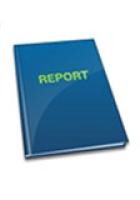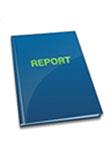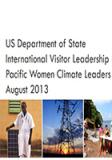Publications
Strategies to improve energy accessto the poor have focused mainly on electricity access. They have often neglected non electricity household energy access. It is, however, estimated that about 2.8 billion of people will still depend on fuelwood for cooking and heating in 2030 in a business-as-usual modus operandi (IEA 2010). The need for urgent interventions at the household level to provide alternative energy services to help improve livelihoods is becoming more and more accepted.
This report’smain objective is to conduct a review of the World Bank’s financed operations and selectedinterventions by other institutions on household energy access in an attempt to examine success and failure factors to inform the new generation of upcoming interventions. First, the report provides a brief literature review to lay out the multidimensional challenge of an overwhelming reliance on solid fuels for cooking and heating. Second, it highlights how the Bank and selected governments and organizations have been dealing with this challenge. Third, it presents lessons learned to inform upcoming interventions. And finally, it indicates an outlook on the way forward.


